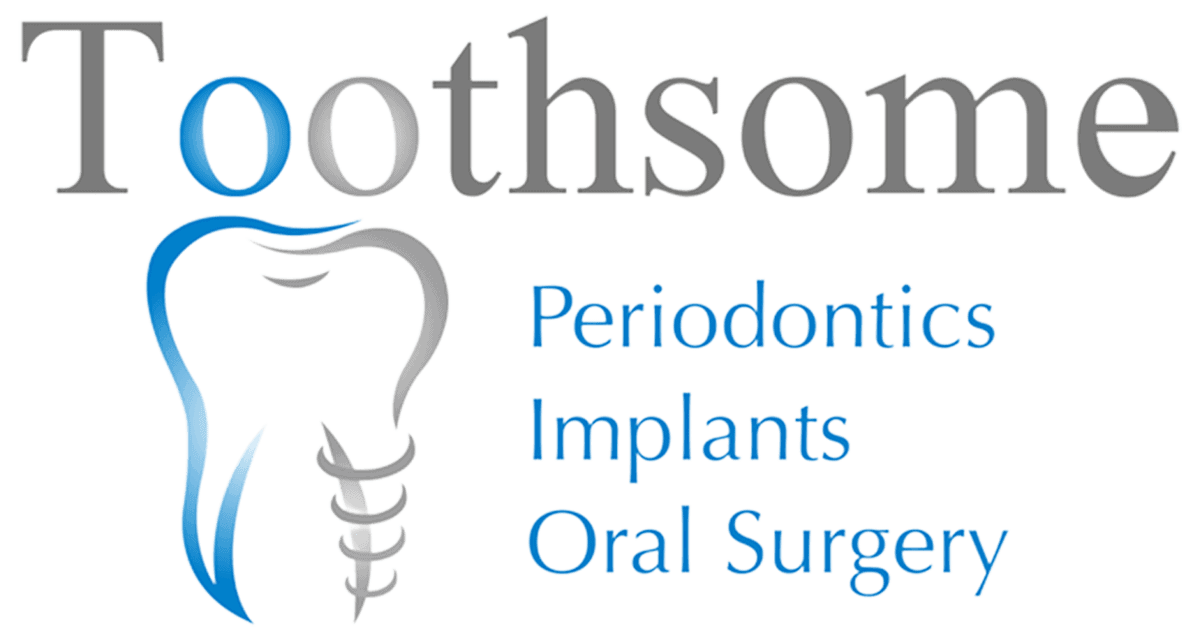These days, patients have a plethora of choice when it comes to deciding how to replace missing or compromised teeth. The days of loose ill-fitting dentures, prone to breakage and falling out, are all but gone. Dental implants are the closest thing we have to real teeth. They are fixed to the jawbone giving a natural “tooth-like” appearance without compromising the adjacent teeth.
Over the last 20 years, dental implant therapy has become commonplace in many specialist and general dental practices. Dental companies worldwide have invested an enormous amount of money and resources to develop and improve the success of dental implants. There are currently more than 350* different dental implants on the market and new dental implant companies are continually trying to copy and sell their own latest and greatest dental implants. However, these new dental implants have no or very little research data to support their long term success. Some of these dental implants are even withdrawn from the market! A patient with ‘savoir-faire’ and an informed clinician must only demand scientifically supported dental implant systems.
Moreover, the internet has become a significant ‘resource’ for patients looking for the best dental implants and the best clinicians with the latest toys. However, like any form of advertising, the dental patient must be savoir-faire whilst using the internet and look beyond the creative (and sometimes misleading) marketing. Currently in Australasia, there is no specialty or specialist in dental implants. Specialist Periodontists, oral surgeons and oral & maxillofacial surgeons have completed specialist training in dental implants as part of their advanced specialist training. In fact, Specialist Periodontists are the only specialists with their specialist training dedicated to the preservation and enhancement of the implant supporting tissues. Some general dentists further their knowledge of dental implants by completing a part-time diploma or short course in dental implants, as dental implant therapy is relatively new and is not taught widely at dental school. A patient with ‘savoir-faire’ should entrust this delicate surgery to a healthcare provider with expertise in the placement of the dental implants and the management of the implant supporting tissues.
Finally, look for a healthcare provider who listens to your personal requirements and provides all the information you need to make an informed decision. Ask your dental professional which implant system they use and examine the evidence to support the system’s long term success. Dental implant therapy is a significant financial investment but a most rewarding one. A perfect smile yields lifelong rewards!
*Jokstad 2008



